Seven things to see and do in Ojén, a town set back from the Costa del Sol
Situated near Marbella, it offers mountain and sea views and is popular with foreign visitors and local residents alike
The town of Ojén near Marbella on the western Costa del Sol is a popular destination among foreign people looking to move to the south of Spain and those who come on holiday. It offers views of the mountains and the sea, which is not far away.
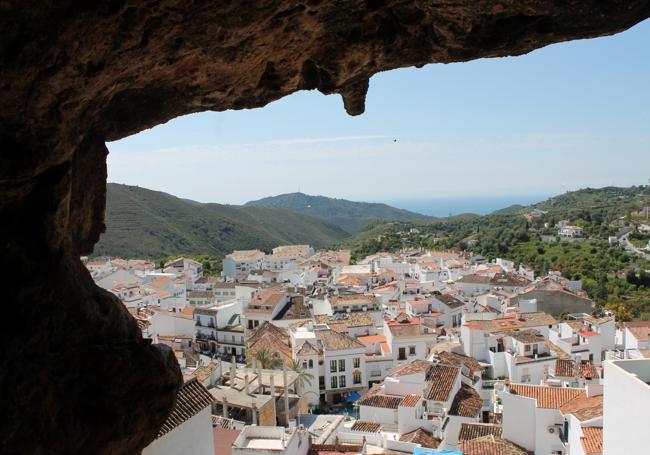
Ojén still preserves some natural shelters in the rock, which have been used for centuries to keep livestock or even to store agricultural products. These caves are located both in the highest part of the town centre and just below it. Some have been transformed into cultural spaces, while others provide the ideal spot to get a picture-postcard photo of the town with the Mediterranean on the horizon.
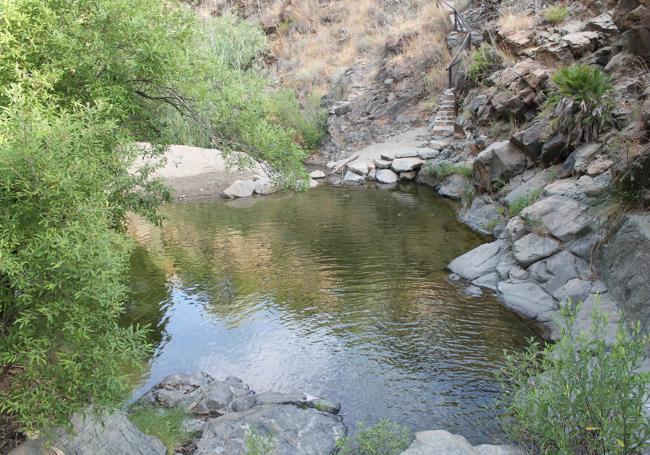
As well as the sea, Ojén also has freshwater pools, such as the popular Charco de las Viñas, where swimming is allowed. The pool is just a stone's throw from the town centre and to get there you have to go past the new cemetery towards a steep slope, which has a handrail to help people walk down. From there you will be able to see the pool and at this time of year, probably other swimmers enjoying the cool water too. As such, it is best to go early in the morning on weekdays if you want to have the place to yourself (or at least to avoid the crowds).
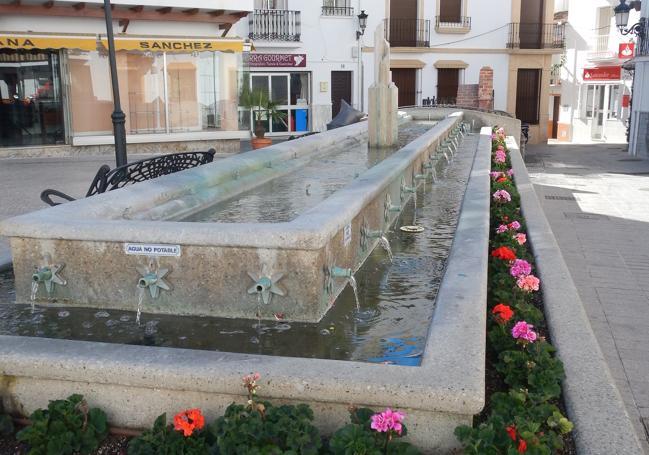
The streets are adorned with colourful flowerpots, white façades and steep, narrow streets which characterise Andalucía's traditional white towns and villages. The town revolves around Plaza de Andalucía and La Encarnación church, with its characteristic climbing lemon trees on one of the walls and the Fuente de los Chorros, a fountain which symbolises the wealth of water resources in this Malaga province town.
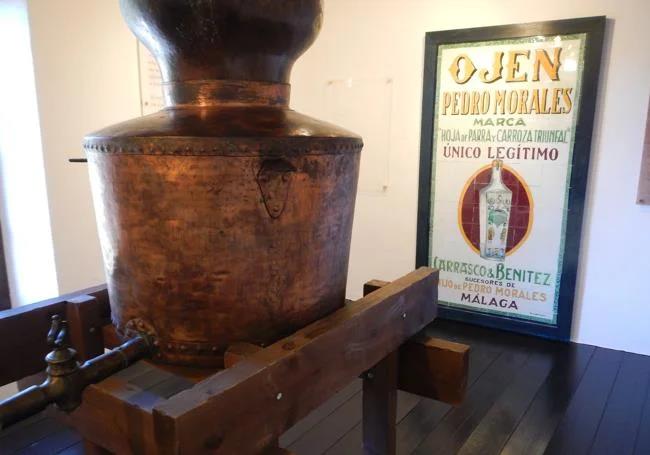
Tools and implements of yesteryear are kept in a permanent collection at the Museo del Molino del Aceite (oil mill museum), which used to be an old oil mill. This space also contains the Museum of the Molino del Aguardiente. There, visitors can learn in detail about the fascinating history of the drink once produced by Pedro Morales, a liqueur that was once painted by Picasso and which appears in a novel by Camilo José Cela.
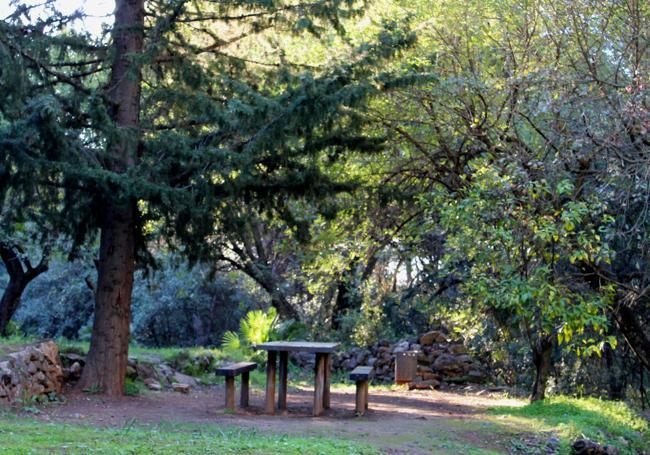
The museum is a short walk along Calle Almadán and the nearby Cerezal botanical garden is well worth the walk. There are wild olive trees, olive trees and holm oaks, but also aladerns, ferns, asparagus, mastic trees, blackberries, fennel and oleanders. For most of the day, thanks to its leafy trees, the area is in full shade, which creates a real microclimate. It is worth going early in the morning or late in the afternoon in summer.
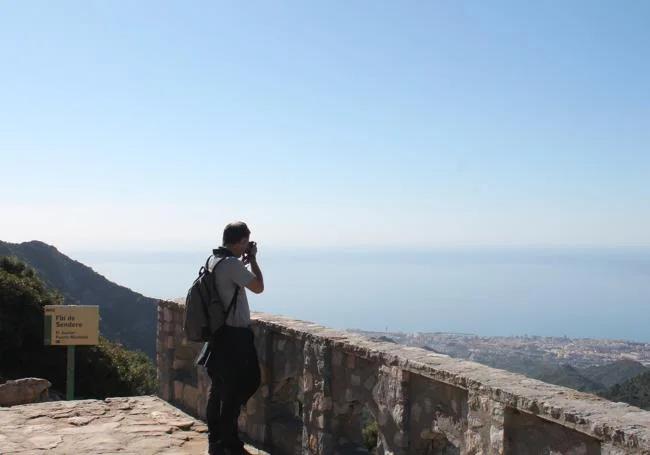
Another great place to go in summer is the Refugio del Juanar, a historic farmhouse that leads to one of the most valuable ecological enclaves in the southern part of the Sierra de las Nieves area. As well as being a hotel where celebrities have stayed, the Refugio del Juanar is well worth a late afternoon or early morning walk to the Macho Montés viewpoint, which looks out over the Mediterranean Sea.
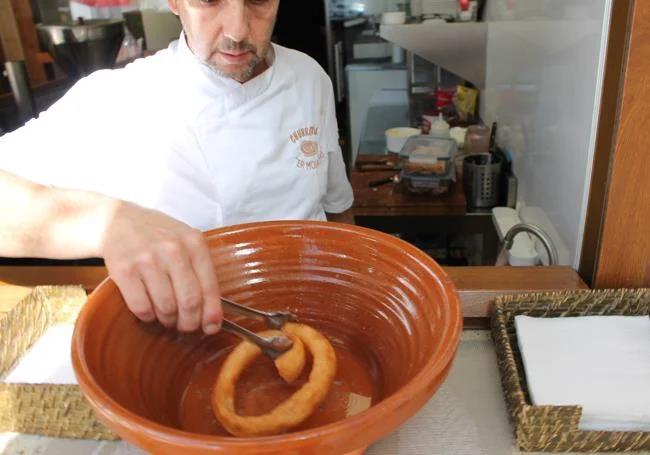
Er Mojaíto bar is well-known in the area for its breakfast and in particular the churros, which according to its tradition, have to be dipped in water and salt just before being eaten. It is an unusual custom but enjoyed by those who know about it. The bar is located in the town centre opposite a parking area and is open from Tuesday to Sunday between 8am and 1pm.

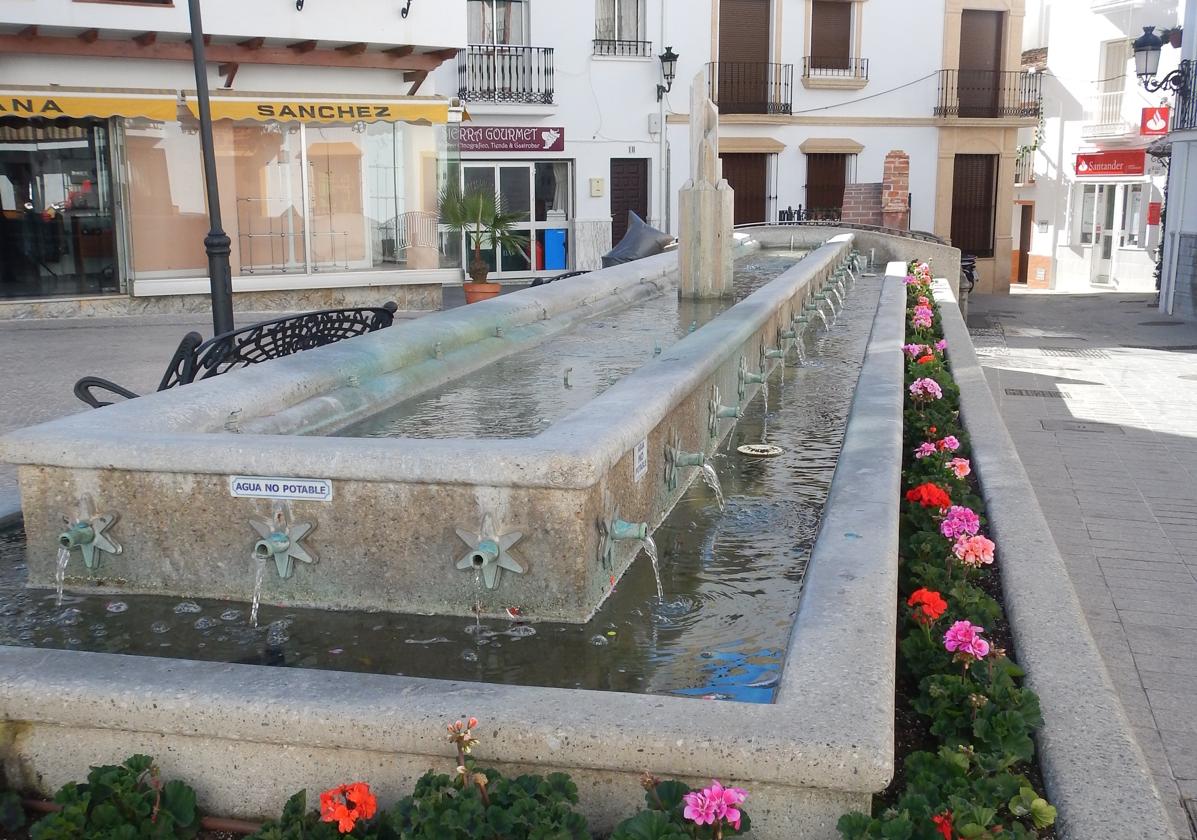
Comentar es una ventaja exclusiva para registrados
¿Ya eres registrado?
Inicia sesiónNecesitas ser suscriptor para poder responder.
Necesitas ser suscriptor para poder votar.